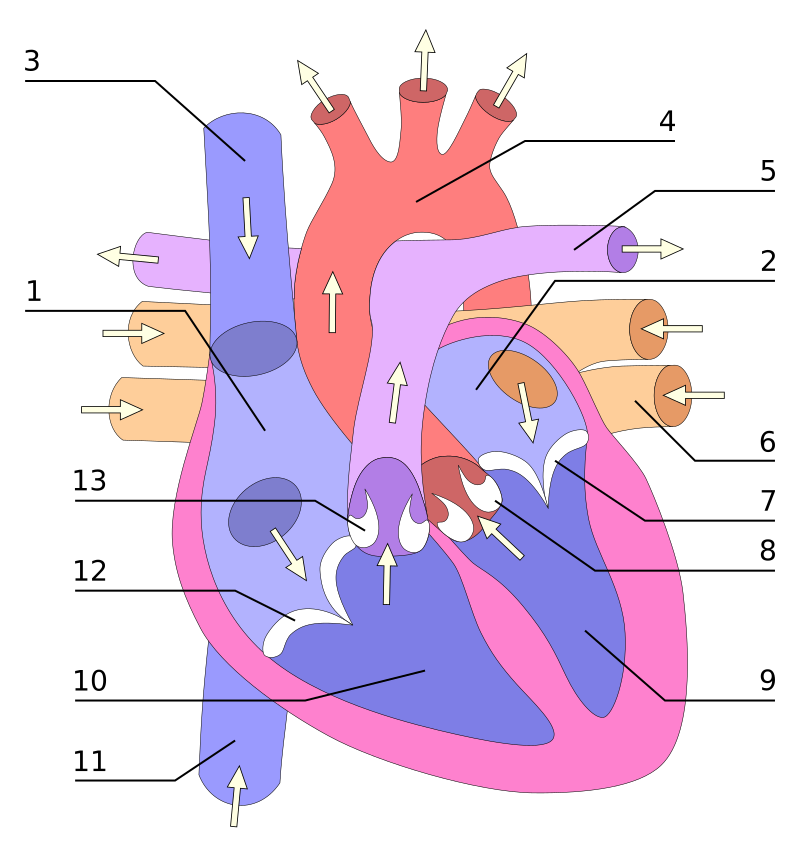Study Links Brain Injury to Increased Risk of Criminal Behavior

A groundbreaking study published in *Molecular Psychiatry* has unveiled a significant correlation between brain injuries and criminal behavior, particularly focusing on the disruption of the uncinate fasciculus, a crucial neural pathway connecting emotional regulation and decision-making centers in the brain. Conducted by researchers from the University of Colorado Anschutz Medical Campus, Brigham and Women’s Hospital, and Harvard Medical School, this research sheds light on how damage to this specific brain region may influence individuals towards engaging in criminal activities.
The study analyzed brain scans of individuals who began exhibiting criminal behavior following traumatic brain injuries, strokes, or tumors. In total, 17 cases of individuals with newly developed criminal behavior were compared to brain scans from 706 participants with other neurological conditions, such as memory loss or depression. The analysis revealed a striking pattern: damage to the right uncinate fasciculus was prevalent among those displaying criminal tendencies, especially among those committing violent crimes.
"This part of the brain, the uncinate fasciculus, functions as a connection between areas that manage emotion and decision-making. When this connection is compromised, an individual may struggle with emotional regulation and moral decision-making," stated Dr. Christopher M. Filley, a professor emeritus of neurology at the University of Colorado School of Medicine and a co-author of the study. Dr. Isaiah Kletenik, the lead author and an assistant professor of neurology at Harvard Medical School, noted the implications of this research on the understanding of moral decision-making in relation to brain health.
The researchers conducted a thorough connectome analysis, creating detailed maps of brain connectivity, which further confirmed the critical association between the uncinate fasciculus and criminal behavior. Dr. Filley elaborated, "Our findings indicate that the specific location of brain injuries may play a pivotal role in behavioral regulation."
While not every individual with brain injuries resorts to violence, the study suggests that damage to this neural pathway could be a contributing factor in the onset of criminal behavior post-injury. This presents a complex interplay between neurological health and legal culpability, raising ethical questions regarding how brain injuries might influence the assessment of criminal responsibility.
Dr. Kletenik expressed the potential for this research to impact both medical practices and the legal system. "Recognizing brain injury as a factor in criminal behavior could lead to better identification of at-risk individuals and more informed legal judgments. Understanding the neuroscience behind social behavior is crucial as we navigate these discussions," he stated.
The findings of this study underscore the necessity for interdisciplinary dialogue between medical professionals, legal experts, and ethicists, as the implications of such research could reshape perspectives on accountability in criminal justice. Further investigations are warranted to explore the broader implications of these findings on societal views of morality, responsibility, and the legal treatment of individuals with neurological impairments. As the research progresses, it may pave the way for new approaches in both therapeutic interventions for at-risk individuals and reformative practices within the justice system.
Advertisement
Tags
Advertisement





